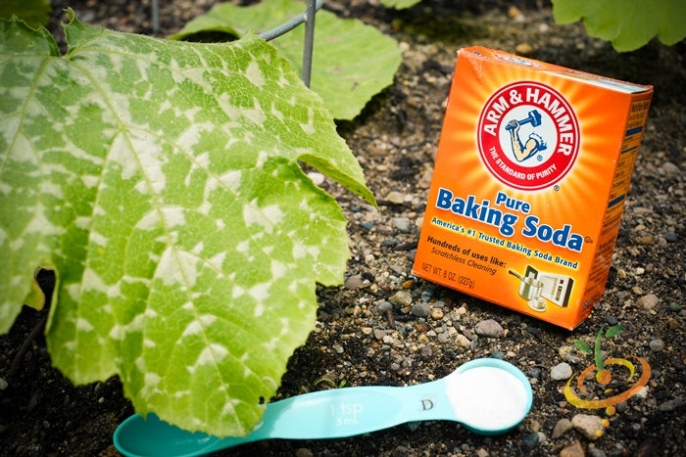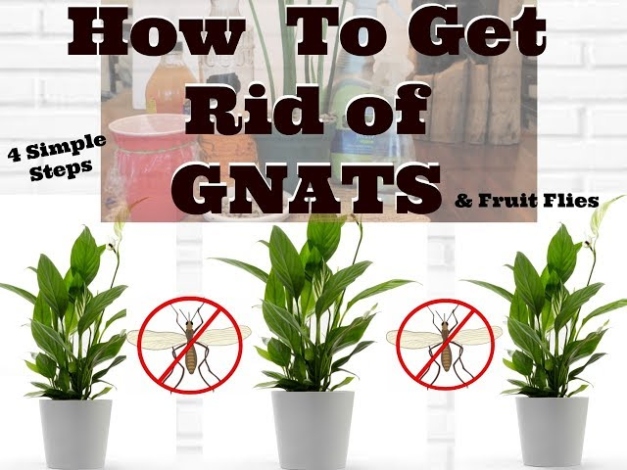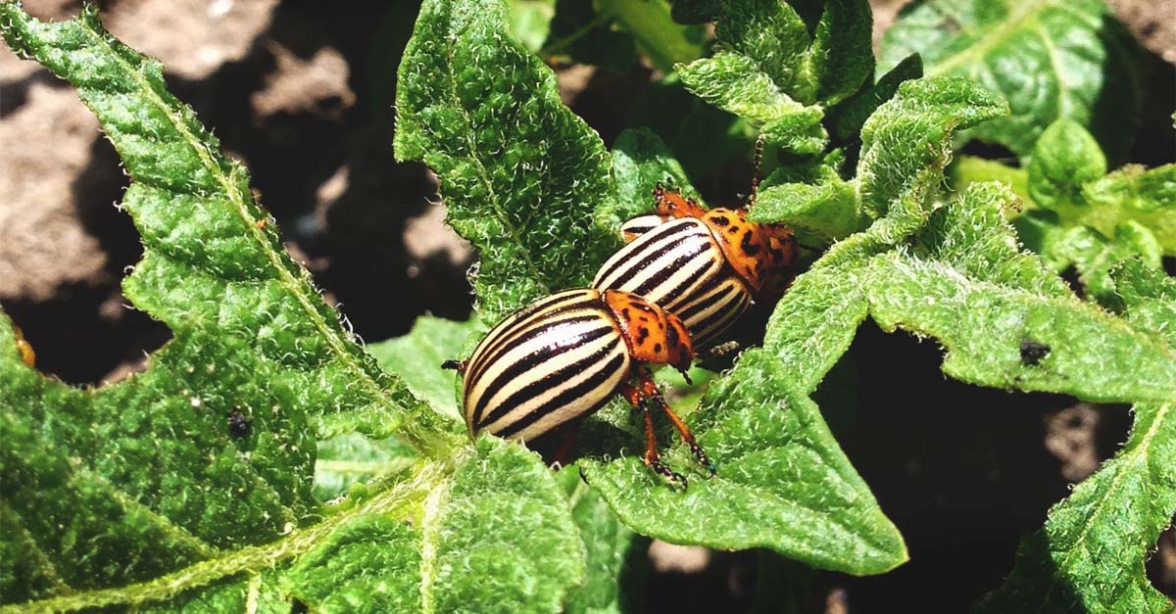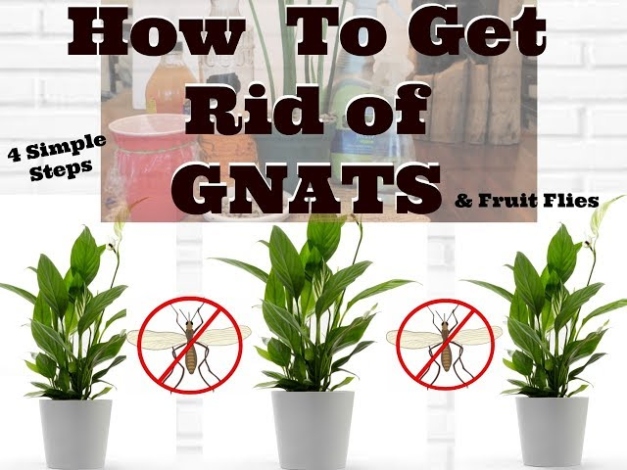How to Get Rid of Slugs Eating Plants
What do you mean by slugs eating plants?
Slugs are slimy creatures that are known for feasting on plants in gardens. They can be a major nuisance to gardeners as they leave behind a trail of destruction wherever they go. Slugs are especially fond of tender leaves and seedlings, making them a common enemy for those who love to grow plants.
How do slugs damage plants?
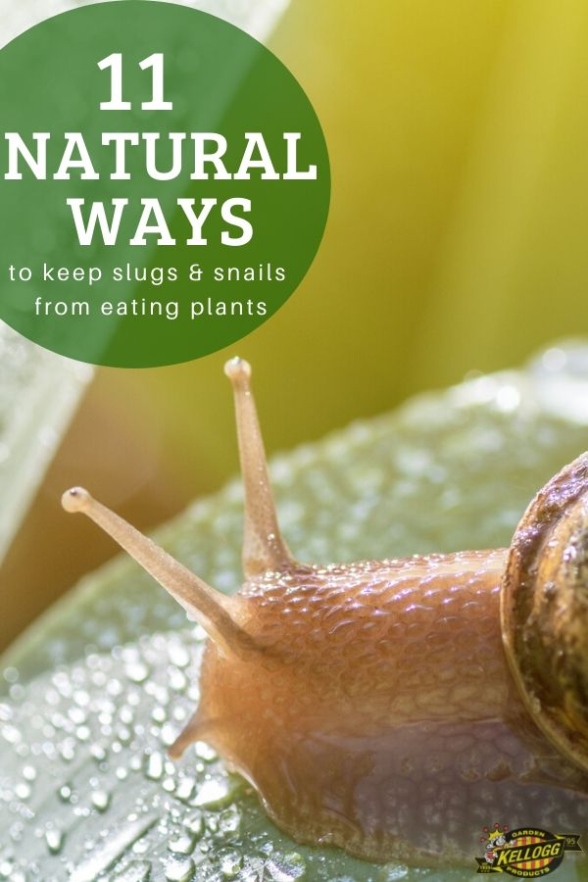
Image Source: kellogggarden.com
Slugs damage plants by chewing holes in leaves, stems, and flowers. They can also feed on fruits and vegetables, ruining crops and causing significant losses for gardeners. Additionally, slugs can carry diseases that can be transmitted to plants, further compromising their health and vitality.
What is known about slugs?
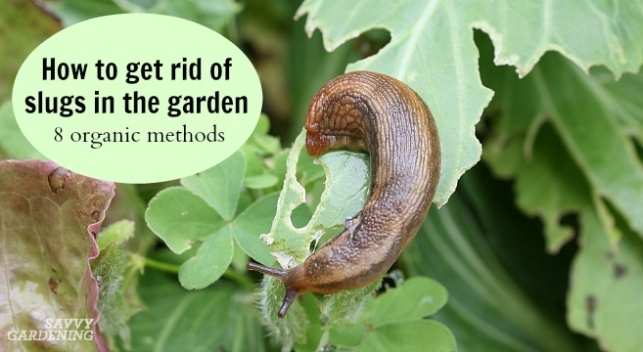
Image Source: i0.wp.com
Slugs are members of the mollusk family and are closely related to snails. They are soft-bodied creatures that move by gliding along a trail of mucus. Slugs are most active at night and prefer damp, shady areas. They are attracted to plants that are rich in moisture, making gardens an ideal feeding ground for them.
Solution to get rid of slugs eating plants:
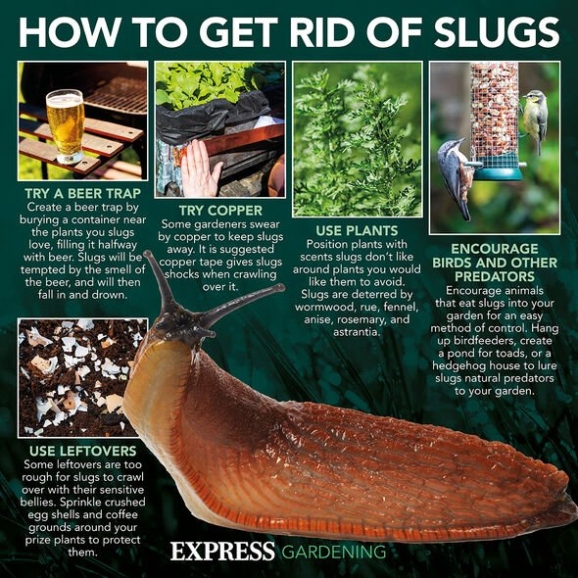
Image Source: express.co.uk
There are several methods that can be used to effectively get rid of slugs and protect your plants from their voracious appetite. One of the most popular solutions is to create physical barriers that slugs cannot penetrate, such as copper tape or diatomaceous earth. These barriers can be placed around plants to prevent slugs from reaching them.
Another effective method is to attract natural predators of slugs, such as birds, frogs, and hedgehogs, to your garden. These animals feed on slugs and can help to keep their population in check. You can also introduce nematodes into the soil, which are microscopic worms that feed on slugs and their eggs.
Some gardeners swear by the use of beer traps to lure and drown slugs. Simply bury a container filled with beer in the ground, and slugs will be attracted to the scent and crawl in, where they will drown. Additionally, you can handpick slugs off of plants and dispose of them in a bucket of soapy water.
Additional information on getting rid of slugs:
It is important to keep your garden clean and free of debris, as slugs thrive in moist, dark environments. Regularly remove any fallen leaves, mulch, or other organic matter that can provide hiding spots for slugs. Water your plants in the morning rather than the evening to allow the soil to dry out and deter slugs from coming out.
You can also plant slug-resistant varieties of plants that are less appealing to slugs, such as lavender, rosemary, and geraniums. These plants have strong scents and textures that deter slugs from feeding on them. Additionally, you can sprinkle coffee grounds, eggshells, or salt around plants to create a barrier that slugs will avoid.
Conclusion:
In conclusion, there are several effective methods for getting rid of slugs that are eating your plants. By implementing physical barriers, attracting natural predators, using beer traps, and practicing good garden hygiene, you can protect your plants from slug damage and enjoy a thriving garden.
FAQs:
Q: Are slugs harmful to plants?
A: Yes, slugs can be very harmful to plants as they feed on leaves, stems, and flowers, causing damage and potentially transmitting diseases.
Q: What plants are most vulnerable to slug damage?
A: Tender leaves and seedlings are particularly vulnerable to slug damage, as well as fruits and vegetables.
Q: How can I attract natural predators of slugs to my garden?
A: You can attract birds, frogs, and hedgehogs to your garden by providing food, water, and shelter for them.
Q: Are there any organic methods for getting rid of slugs?
A: Yes, you can use copper tape, diatomaceous earth, nematodes, and coffee grounds to deter slugs from feeding on plants.
Q: How often should I check my garden for slugs?
A: It is a good idea to regularly inspect your garden for signs of slug damage and take preventative measures as needed.
Q: Will slug-resistant plants completely deter slugs?
A: While slug-resistant plants are less appealing to slugs, they may still be targeted if other food sources are scarce.
Q: Can I use chemical pesticides to get rid of slugs?
A: It is not recommended to use chemical pesticides to control slugs, as they can be harmful to beneficial insects and other wildlife in your garden.
how to get rid of slugs eating plants







